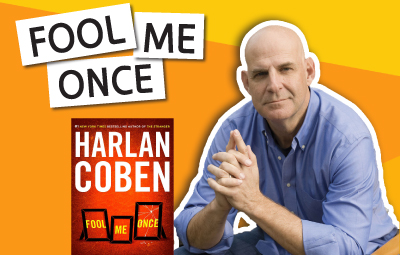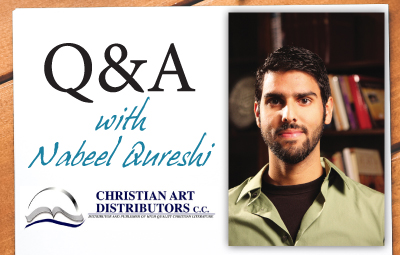
OK - I'm actually going to be serious here. No jokes about bad hair, polyester suits, gold furniture, or prayer cloths. In an ocean of competition on a typical religious channel, how do you cut through the clutter and get the audience's attention? Better yet, how do you get them to respond? I don't have all the answers, and I'd love for you to respond, but here's my two cents. And by the way, let's take it for granted that you have an actual spiritual call to do this, so don't get mad that my list isn't more spiritual. I'm making the assumption that if you're not spiritually mature enough and called to do this, you shouldn't even be reading this list.
1. The Message Matters
The truth is, 90% of TV preachers are teaching a message few even care about. You're either answering questions no one is asking, or you're not scratching where the culture itches. You may not like Joel Osteen, but his message of hope and encouragement touches a chord in millions of people. Likewise, Joyce Meyer's message of how God works in practical, everyday ways connects with just as many. It's not about tickling their ears, it's about connecting - sharing a message that strikes a chord and resonates with people. In their day, Billy Graham had it, Oral Roberts had it, Bishop Fulton Sheen had it, and others had it. The traditional media world is about what they think the audience wants to watch. The new media world is about what the audience wants. Learn something from that. It doesn't mean you pander, it means you listen.
2. What Makes You Different?
In the world of branding, one of our key questions is "What makes you different?" Once again, 90% of preachers do very little that makes them distinctive, and in a media-driven culture, people need that help. In a world with thousands of choices, it's the different choices that stand out. Be the nail that sticks out of the porch. Be the blade of grass that stands above the others. Be different. That permeates everything you do - look different, have a different message, present it differently, think differently, create a different program, and more.
Essentially, that's what branding is all about. Why should I watch your program? To justify my attention, you've got to be different from all the others out there. We live in a culture where we don't have much time, and we have lots of choices. Make it simple for me.
3. Give Me A Hook
Why should I respond to you or your message? What's in it that makes me want more? Why should I care? There are lots of preachers out there - and some are preaching good messages, but few give me a reason to watch more. The old radio and TV serials invented the "cliff-hanger" - leaving the audience in suspense demanding to know what happens in the next episode. What are you doing that makes the audience want to come back next week? Creativity, cool graphics, and hip clothes, are all good, but they won't matter if you're not sharing a message that hooks the viewer. Don't forget that this is the key to response. If you don't give them a reason to respond, they won't.
4. Unify Your Branding
The vast majority of TV ministries have no brand at all, much less know how to unify it. Unifying your brand means that every expression of your brand story needs to be expressed throughout everything you do. From postcards, to the website, set design, architecture, social media, look and feel of the TV program, and more, it all needs to tell the visual story of who you are. Today, if I spread out the brochures, books, tapes, websites, and more from a typical TV ministry, it would look like they each came from a different organization. Therefore, they all tell different stories. But when you see anything from Starbucks, Apple, or Nike - it all has a similar visual expression of their brand. Look at everything you do and make sure the brand story of you and/or your ministry is told through it all. It doesn't have to necessarily look the same, but it needs to tell the same story.
5. Raise The Bar
By now, most TV preachers reading this will say, "So what? I do all that already." Maybe, but I doubt it. But even if you are, your standards are probably way too low. You need to realize the level of competition out there. In 1980, just about anybody could succeed on religious TV. Even Ernest had an audience. But today, it's the Olympics on steroids when it comes to finding an audience. It's a tough world out there, so you need to raise the bar in the level of content, differentiation, branding, and the reason they should respond. Make it better. Go deeper.










































































